Pilar Pedraza
Writer
The disturbing strangeness
Agustí Villaronga is the most courageous Spanish filmmaker, as David Lynch is to the USA and Derek Jarman to the U.K. These people, known as cursed artists, are creative and foe of any kind of fussiness. The take art by the front, without hesitation, understand it regardless of the approval of the social establishment and the global market. However, the market is not as fool as it seems. It breaks down, changes and demands new things as the desire flows. Is then, when Villaronga and his colleagues explore unknown regions of the soul: evilness, the sea, love, horror, sickness, travel, and small cadavers, and offer their sour and splendid result with a smile that does not erase those wrinkles earned in the process. It is upon you to take them.
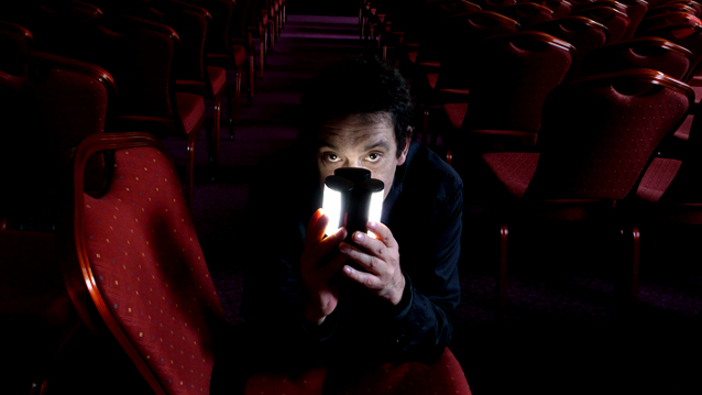
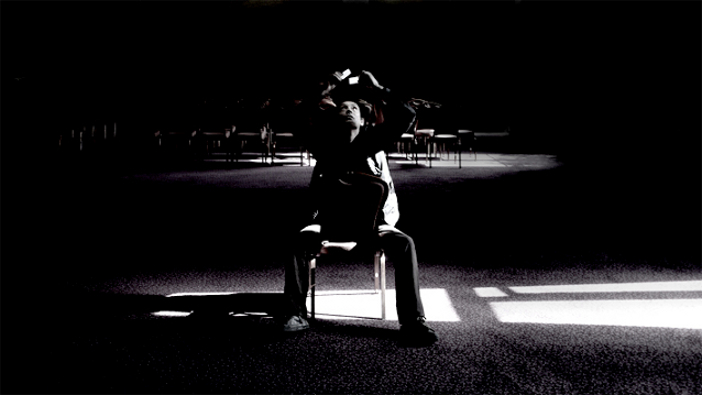
Filmography
"Tras el cristal"(1985)
Official Section of the Berlin Festival . Panorama 1986.
Sant Jordi Award. Best First Film.
Ciudad de Barcelona Award.
Best Film. Festival de Barcelona.
Best Film,. Festival de Murcia.
Onda Madrid. Best Acrtress. (Marisa Paredes).
"El niño de la luna" (1988)
"Al Andalus" (1992) (Documental – Fiction)
"El pasajero clandestino" (1995)
"99.9" (1997)
"El mar"(1999)
Festival de Berlín. Official Section (2000)
Manfred Salzberg Award. Berlin Festival.
National Cultural Award. Generalitat de Catalunya.
Premios Goya. 2 nominations (Revelation Actress y photography).
Festival de Béziers. Best Actor (Bruno Bergonzini).
Honorary Award. Alcudia Festival.
Punt Roig Award (Asociación de Artistas de Baleares).
Recreatiu Award. Best Director of the Year.
"Aro Tolbukhin" (2002)
"Fuck them all" (2005)
"Miquel Bauçá: Poeta invisible" (2006) (Documental-Fiction)
"Después de la lluvia" (2007) (Tvmovie)
"Pa Negre" (in production)
"Tras el cristal"
Direction: Agustí Villaronga
Production: Teresa Enrich
Cast: Günter Meisner, Marisa Paredes, David Sust, Gisèle Echevarría, Imma Colomer, Alberto Manzano
Feature film fiction, Spain, 1987
106 min
Synopsis:
Agustí Villaronga’s first work provoked back in 1987 some scandal in the movie world, not forgiving his independence and
originality when treating unnerving topics such as homosexuality, sadism, violence or childhood pain, which caused
censorship problems and delays in the release date. Constructed over a retorted and disturbing script, "In a glass cage"
narrates the process of fascination and interdependence established between Klaus, an old torturing Nazi and his male
nurse and guardian, a young mysterious and disturbing teenager.
Klaus is an old doctor from the Nazi concentration camps that participated in the cruelest part of the holocaust, the experiments, abuses and tortures to minors. Exiled in Germany, he can not control himself from his instincts that take him to the hell of child abuse and murder. Trying to redeem his sins, he plunges into the void, anticipating an unsuspected and brutal ending to his days, where vengeance and cruelty will put things in its place.
Distressing, polemic, with a fascinating photography, a film without concessions, a cult movie, a peculiar terror history that leaves nobody untouched and marked decisively the cinema style and personality of this brilliant creator that swims always against the current.
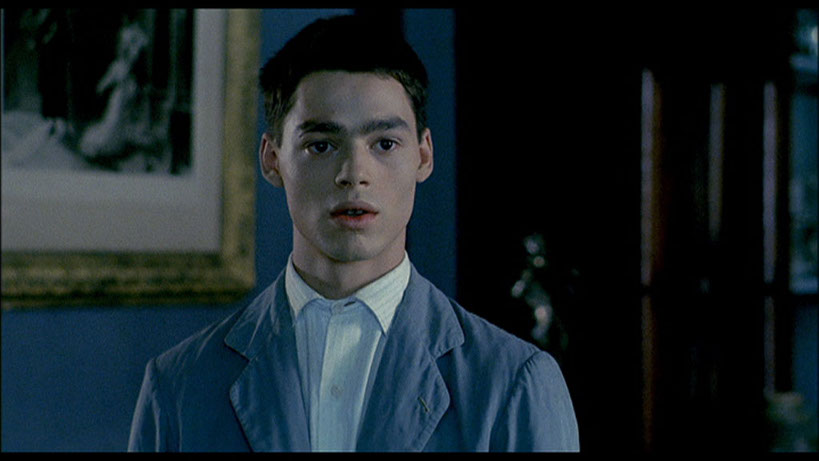
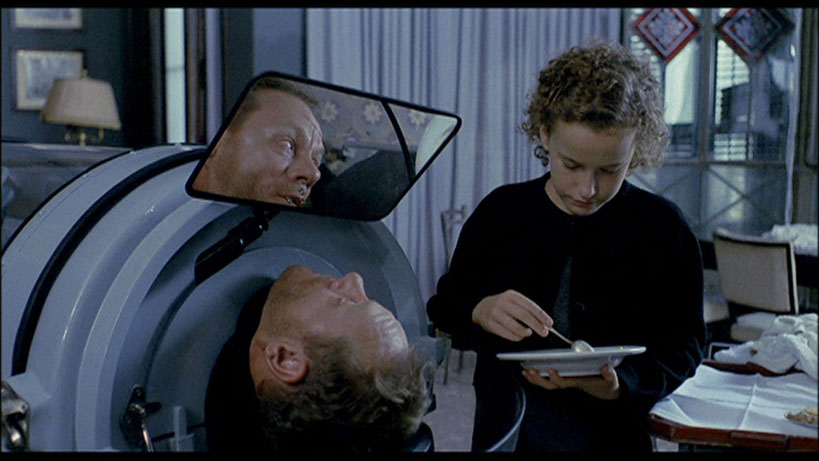
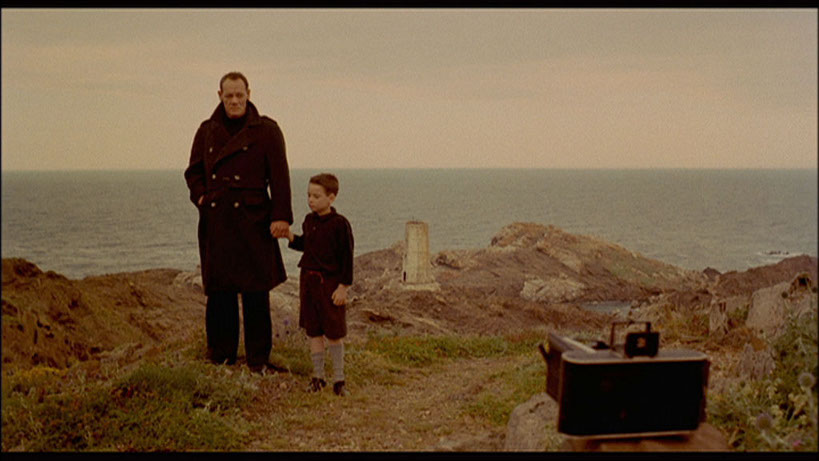
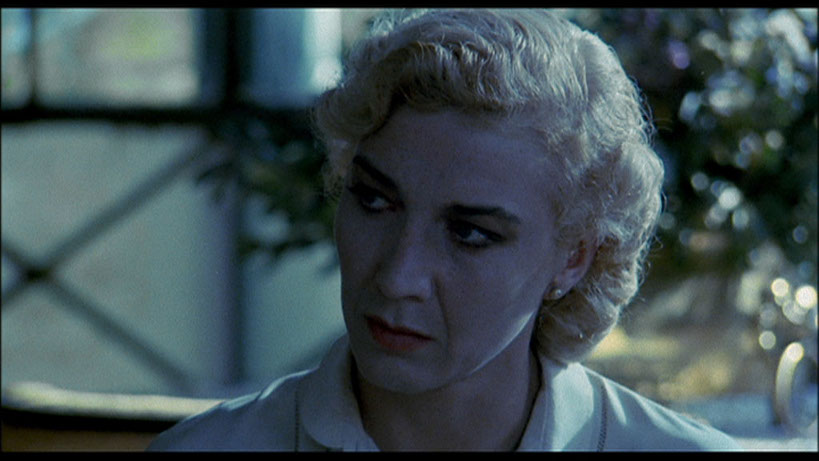
"El mar"
Director: Agustí Villaronga
Cast: Roger Casamajor, Bruno Bergonzini, Antònia Torrens, Ángela Molina, Simón Andreu
Feature film, fiction, Spain, 2000
111 min
Synopsis:
Thirteen years after releasing "Tras el cristal" Agustí Villaronga will see the same situation repeating itself for his
new movie "El mar" that was received both wit big ovations and whistles of disapproval during its presentation in the
Berlin Film Festival. However, he achieved his more poetical piece with this movie based on the novel by Blai Bonet.
Manuel Tur and Andreu Ramallo are ten years old when Civil War reached Mallorca Island. Their first encounter with war cruelty takes place seeing the execution of a friend’s father in front of the cemetery wall. After ten years, Manuel and Ramallo meet again in a mental hospital of the island. Both, sons of war and misery, are affected by tuberculosis, although they confront this situation differently: Ramallo ignoring disease and Manuel seeking refuge in religion to evade from a death that he feels approaching. A new friendship between them will begin based in Manuel’s fascination for Ramallo’s vitality and his corresponding admiration for Manuel’s courage. Slowly, Manuel’s religious attitude in front of the world, comes to a crisis when he realizes that his feeling for Ramallo are something more than just friendship.